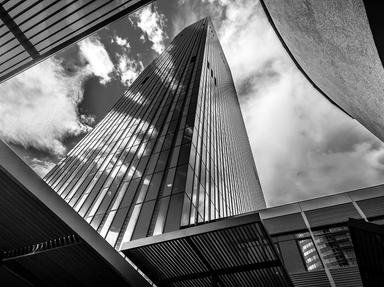Quiz Answer Key and Fun Facts
1. 'Der Fuehrer' was one of the greatest tyrants of history, causing the death of millions during the World War II. 'Der Fuehrer' was literally...?
2. During the Cultural Revolution in China the personality cult of Mao Zedong, 'The Great _________', assumed religious proportions as rival bands of Red Guards outdid each other purporting to be the true representatives of Maoist thought.
3. This authoritarian ruler of a former Soviet republic said that ____________ was devoid of a national identity so he set about giving it one by naming towns and some schools after himself or his mother.
4. The leader of this backward European country took an independent line from Moscow and was obsessed with the threat of a foreign invasion.
5. Perhaps the most spectacular example of a personality cult was that surrounding Kim Il Sung, North Korea's '___________ Leader' who continued to rule as Eternal President after his death.
6. Dr Hastings Banda returned to his homeland in the former colonial territory of Nyasaland to lead his country to independence as the 'Wind of Change' swept Africa in the 1960s. He became the country's first President and renamed it ____________ allegedly because he liked it when he saw it on an old French map.
7. The leader of this Eastern Bloc country followed the Stalinist path of his predecessor Gheorghiu-Dej, encouraging a personality cult which saw him dubbed 'Genius of the Carpathians' and the 'Conducator' a title which prompted the artist Salvador Dali to send a tongue in cheek congratulatory telegram which was published in the official communist party mouthpiece. Who?
8. Joseph Stalin the 'Man of Steel' ruled the Soviet Union with an iron fist and had many towns and villages named after him. The present day city of ____________ is the best known of these and was the scene of a climactic battle in 1942-43 regarded as a turning point in WWII.
9. Benito Mussolini was a journalist before he became Prime Minister and dictator of Italy.
10. The most famous example of a fictional personality cult was that of 'Big Brother' in George Orwell's novel '________________________'.
Source: Author
mstanaway
This quiz was reviewed by FunTrivia editor
bloomsby before going online.
Any errors found in FunTrivia content are routinely corrected through our feedback system.

